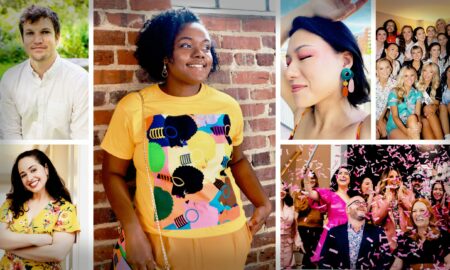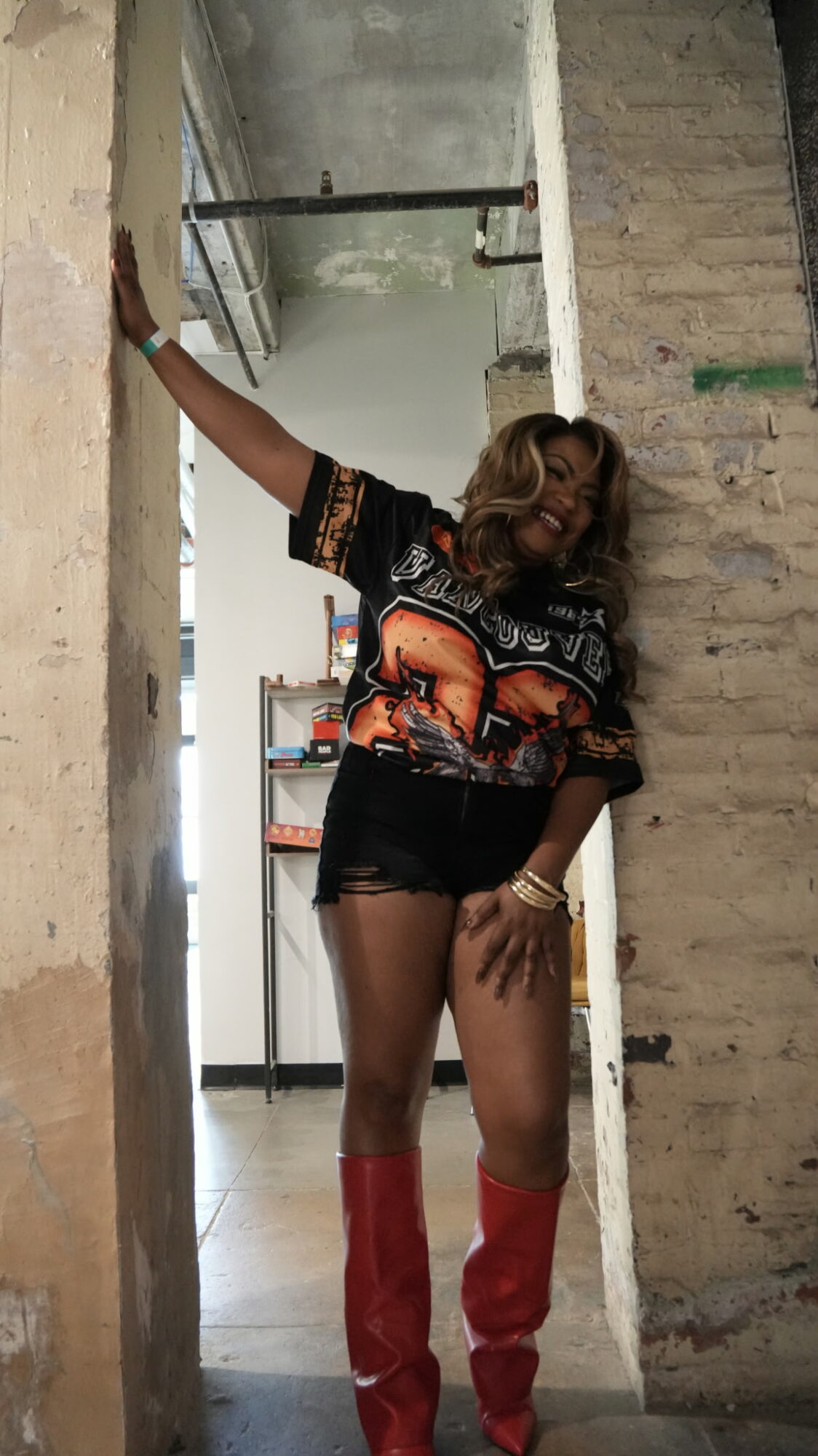

Iman Jaunte’ shared their story and experiences with us recently and you can find our conversation below.
Iman, it’s always a pleasure to learn from you and your journey. Let’s start with a bit of a warmup: Have you ever been glad you didn’t act fast?
There was a time early in my career when I was offered a management deal that, on the surface, appeared to be a major breakthrough. The person had big-name connections, talked a good game, and made it feel like I needed to say yes immediately or lose the opportunity. But something in my spirit told me to slow down and really evaluate everything.
I took a step back, did my research, asked questions, and even sought advice from a few trusted mentors. I’m so glad I didn’t jump into that deal, because as I dug deeper, I realized it wasn’t aligned with my values or vision. It would’ve locked me into a structure that didn’t prioritize artist development or creative ownership — two things that are really important to me.
Waiting allowed me to find the right tribe, the right opportunities, and honestly, it made me more intentional with every move I make. In this industry, everyone says “strike while the iron is hot,” but sometimes, the smartest move is to let the iron cool and make sure it’s really *your* fire you’re walking into.
Can you briefly introduce yourself and share what makes you or your brand unique?
Absolutely. I’m Iman Jaunté — a singer, songwriter, creative curator, and advocate for artist empowerment. My roots are in storytelling, and music has always been my medium for helping people feel something real. I’ve written and collaborated with artists and producers across the U.S. and internationally, and I’ve always approached my art with intention and soul.
Beyond being an artist, I wear a few different hats — and each of them connects back to my passion for building legacy. One of my proudest ventures is **Creative Space**, a global music and cultural platform where we host songwriting camps, community events, and collaborative experiences for independent artists, producers, and creatives. We don’t just chase “the hit” — we build relationships, nurture talent, and center mental wellness, collaboration, and legacy in everything we do. That’s what makes Creative Space special.
I’m also the founder of **Max Legacy Admin Services**, which supports artists, entrepreneurs, and small businesses with backend operations — from royalty tracking and copyright management to admin systems and strategic planning. As creatives, we pour everything into our craft, but we’re often underserved when it comes to the business side. Max Legacy helps fill that gap. It’s about protecting your art, organizing your assets, and making sure your work *works for you* long-term.
Right now, I’m gearing up for the **Creative Space Houston Song Camp** this October, curating something powerful for artists to grow, collaborate, and connect. I’m also working on new music and expanding the reach of Max Legacy to help even more creatives take ownership of their careers.
For me, it all comes down to intention — whether I’m writing a song, building a camp, or helping an artist organize their royalties — it’s about legacy. It’s about doing work that *lasts.*
Appreciate your sharing that. Let’s talk about your life, growing up and some of topics and learnings around that. Who taught you the most about work?
Without a doubt, my father taught me the most about work — not just in the hustle-and-grind sense, but in the deeper, more meaningful way of showing up for your life and your people.
He came to this country from Jamaica at a young age with nothing but ambition, faith, and a dream to build a better life. Watching him navigate unfamiliar systems, take on multiple jobs, and still show up with grace and strength — it showed me what real work ethic looks like. His sacrifices, resilience, and relentless drive laid the foundation for how I move through the world.
As an artist, I channel that same energy into my music and my businesses. My father’s story reminds me that nothing meaningful comes easy, and that legacy isn’t just what you leave behind — it’s what you build while you’re here. I carry that with me every day and try to reflect that same dedication in the way I show up for my community and take care of the people closest to me. That’s the kind of work that matters most to me.
What did suffering teach you that success never could?
Suffering taught me presence. It taught me how to sit with myself in silence, without applause or validation, and still believe in my gift. When you’re stripped of the “shine,” you start to recognize your real strength — not just as an artist, but as a human being. Success often brings noise and distractions, but suffering brings clarity. It forced me to find value in the process, not the outcome — to love myself through the lows and keep creating even when no one was watching. That kind of resilience can’t be bought or taught — it’s earned in the quiet.
Alright, so if you are open to it, let’s explore some philosophical questions that touch on your values and worldview. What are the biggest lies your industry tells itself?
That the algorithm is more important than the artistry. That virality is more valuable than vulnerability. We live in a time where artists are expected to be content creators first, and that pressure can push us to chase trends instead of chasing truth. The industry often forgets that music was — and still is — sacred. It’s medicine, it’s storytelling, it’s legacy. When the business loses sight of the soul behind the sound, we end up with more noise and fewer moments that actually move people. I’m not here to compete with trends — I’m here to connect through truth.
Before we go, we’d love to hear your thoughts on some longer-run, legacy type questions. What is the story you hope people tell about you when you’re gone?
I hope people say, “She made people feel something — and she meant every word she sang.” I want my legacy to be rooted in authenticity, connection, and creative integrity. That I opened doors for artists like me — especially women — to walk in their truth without shrinking. I want folks to remember that I used my voice not just to sing, but to say something, to build something, and to create space for others to be seen and heard. If I did that, then I did what I was here to do.
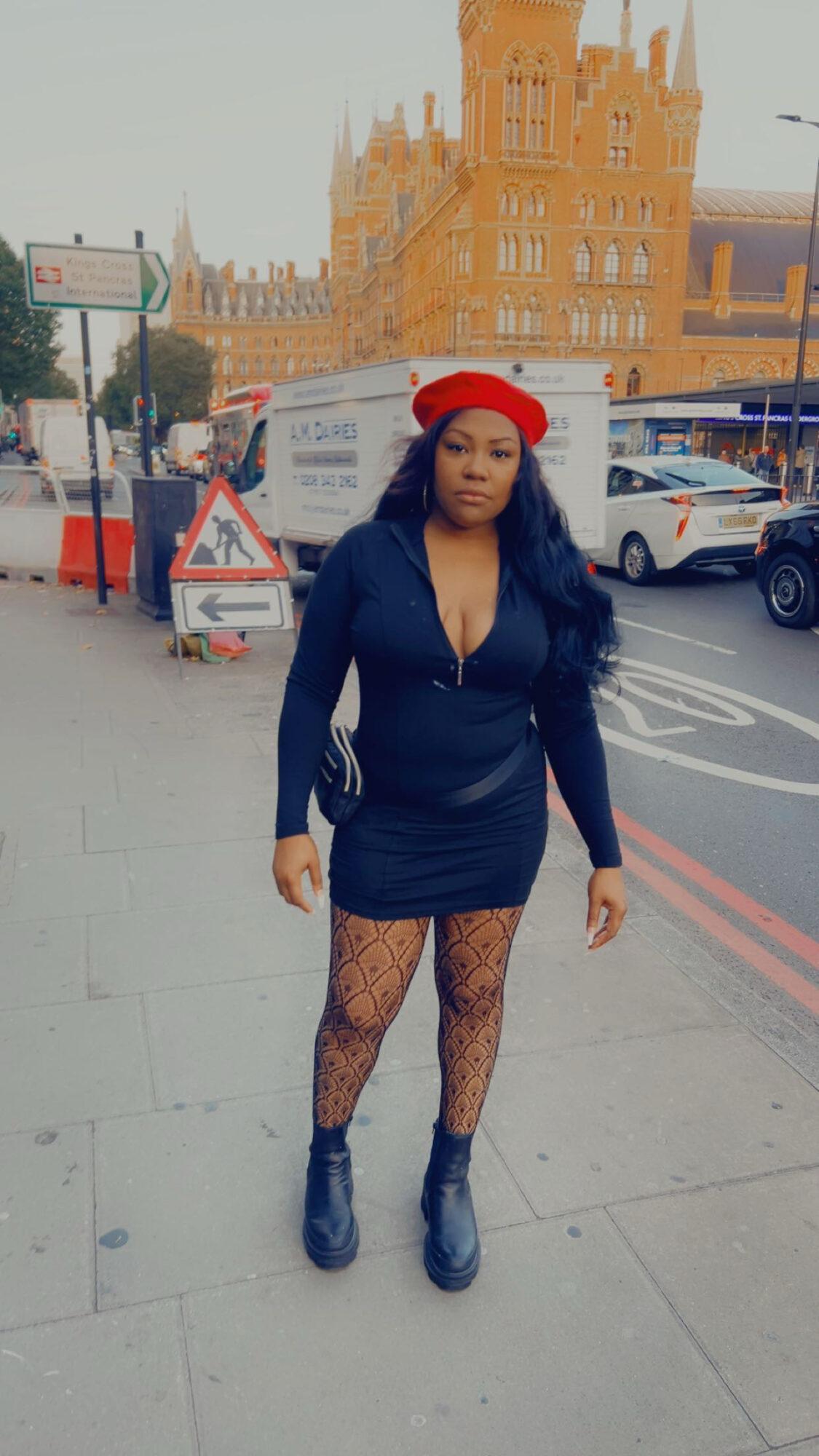
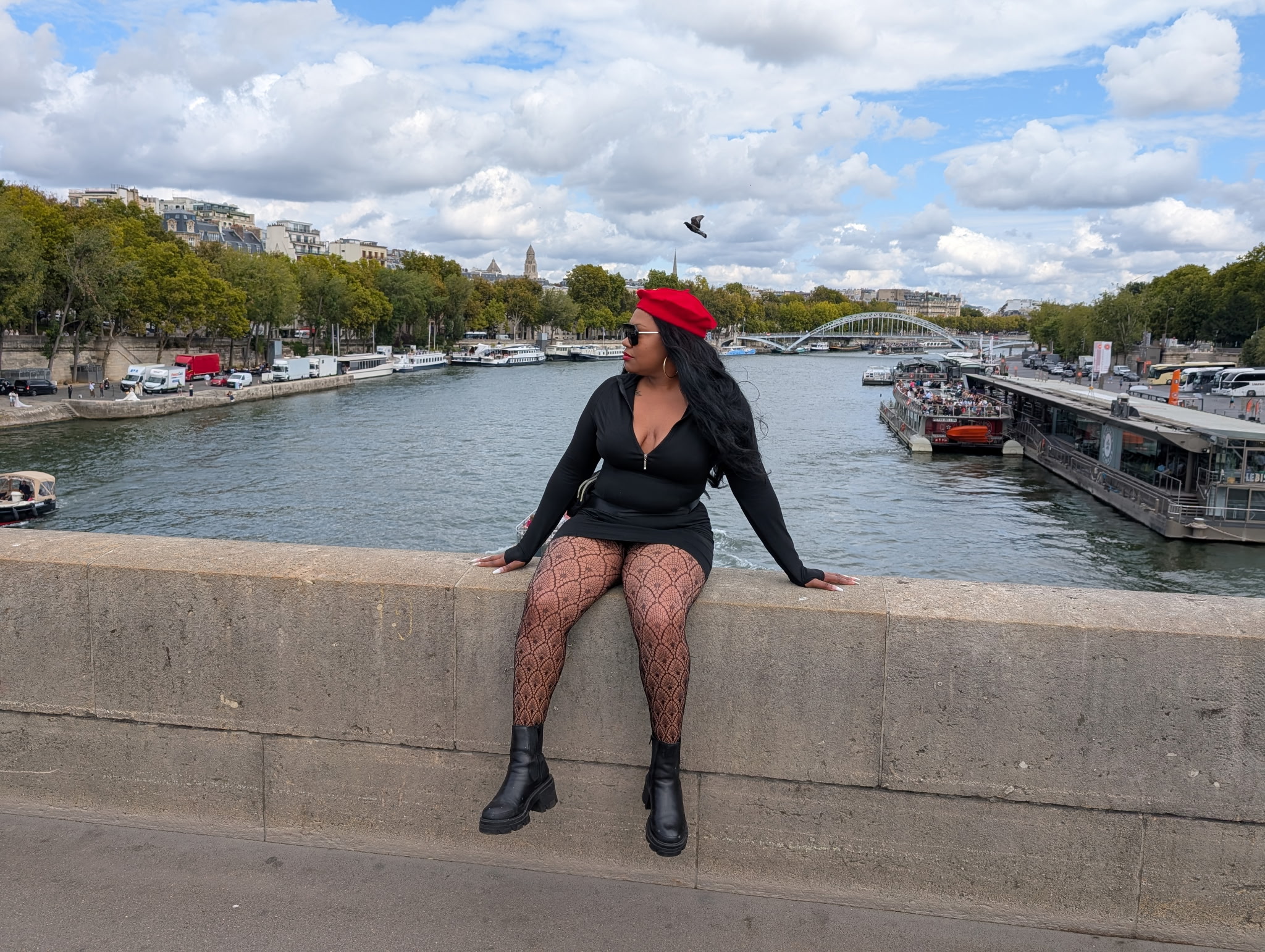
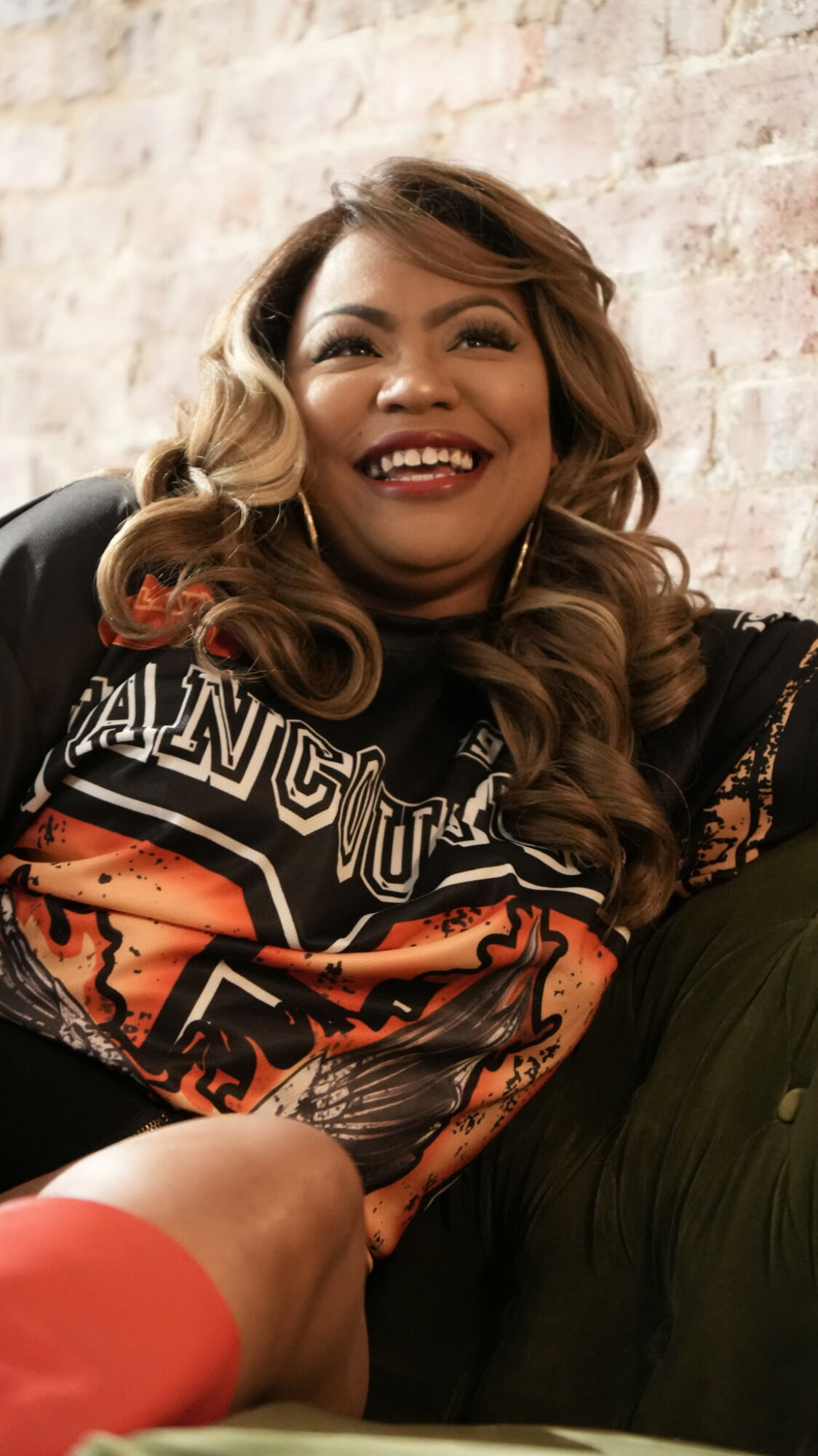
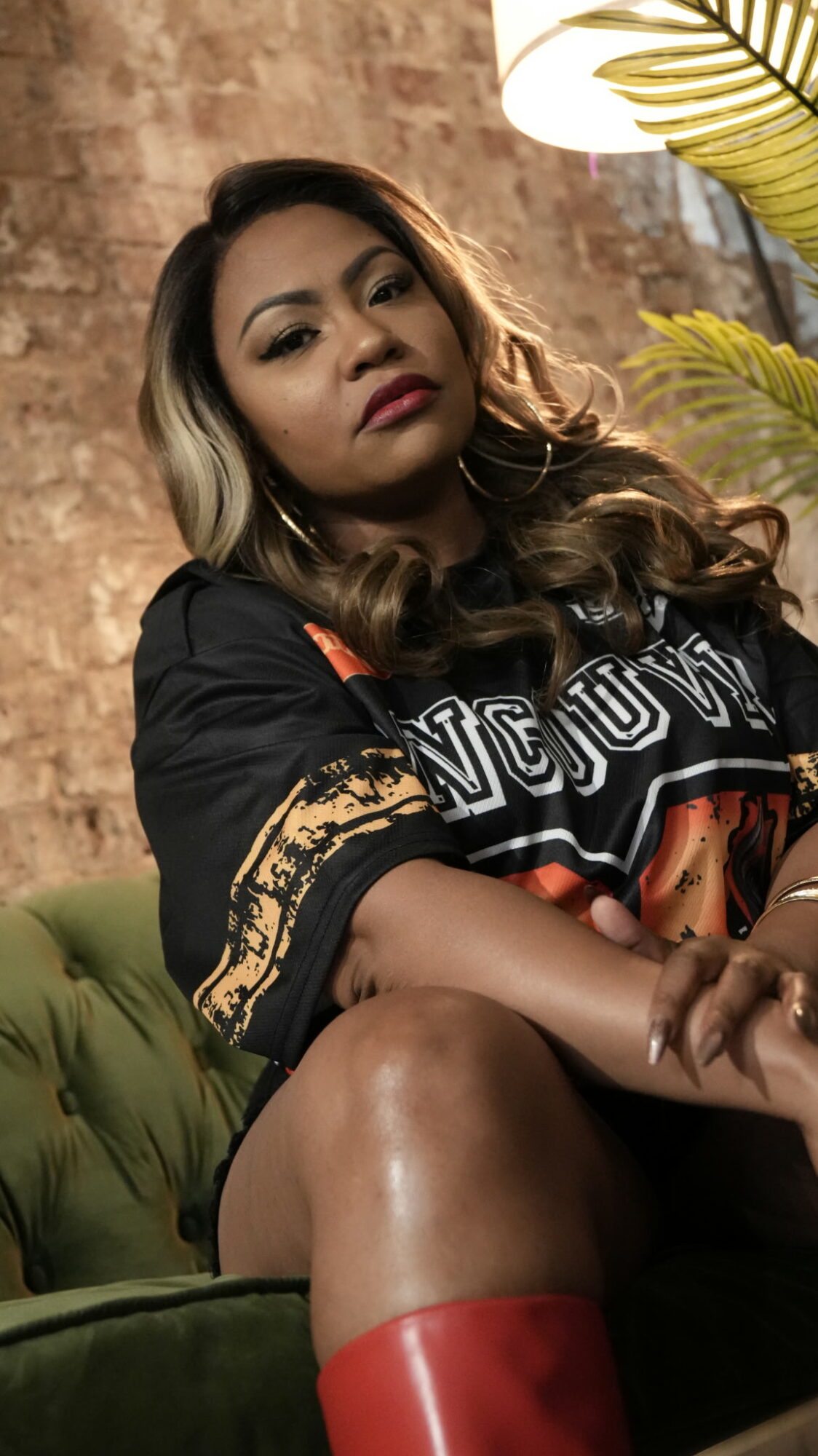
Image Credits
Credit:
Justin Wright-Photographer
Chantel Wright- Makeup Artist/Stylist

